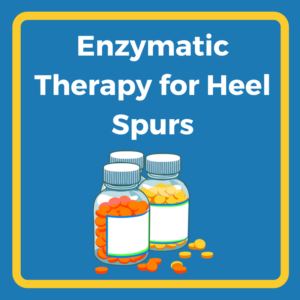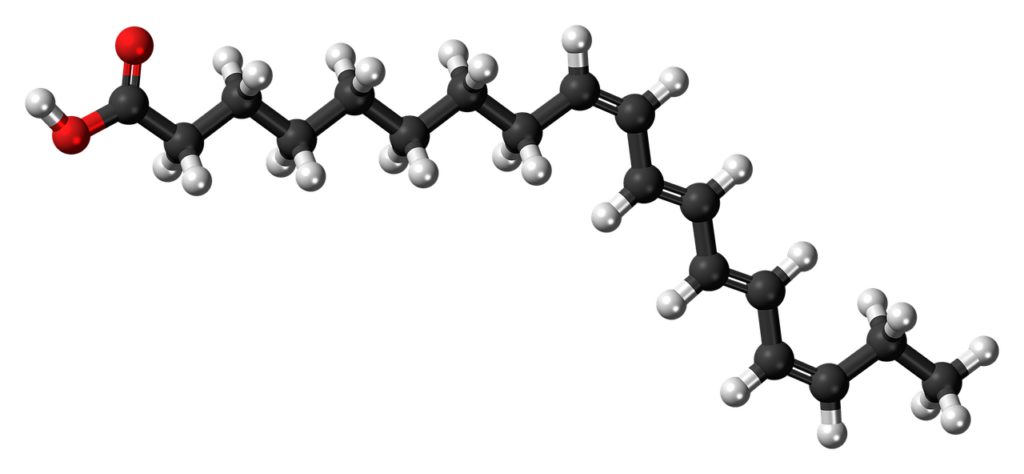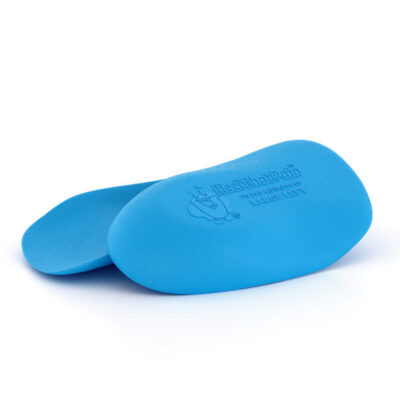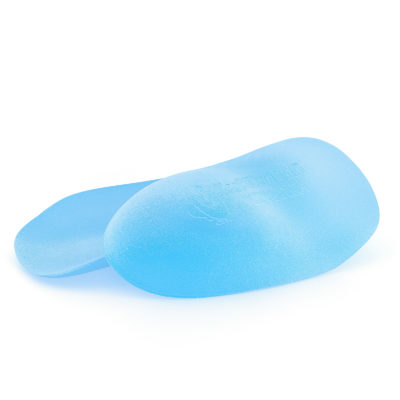 What You Should Know About Treatments like Acid-A-Cal
What You Should Know About Treatments like Acid-A-Cal
It’s common sense that invasive medical procedures like surgery should be a last resort when it comes to treating plantar fasciitis or heel spurs.
But when it comes to evaluating the effectiveness–and safety–of alternative treatments, the internet can be both a wealth of information and an overwhelming slog through information that’s difficult to evaluate.
Enzymatic therapy to treat heel spurs, including the popular brand Acid-A-CalTM, is one of the latest popular alternative treatments for heel spurs. But how does it work? Is it worth the hype? What are the pros and cons for this new type of therapy?
Keep reading to find out!
Are Herbal Remedies for Heel Spurs Effective?
It’s worth noting that heel spurs and plantar fasciitis don’t develop in isolation. While the symptoms are localized to the heels and arch, these symptoms develop in reaction to processes throughout your entire body. Weight gain, improper gait, intense physical activity, and so forth can trickle down to problems in your feet and heels.
In other words, it only makes sense that herbal remedies such as enzymatic therapy, which influence how calcium is absorbed in your body, could be a potentially method for treating heel spurs.
How does Enzymatic Therapy Work?

Enzymatic therapy, in the form of herbal supplements like Acid-A-Cal, works to help your body absorb calcium more easily by regulating your body’s pH. The theory behind this treatment is that high alkalinity can make it far more difficult for your body to absorb calcium.
How does this help with heel spurs? Poor calcium absorption (which can occur even if you are taking calcium supplements, depending on your body’s pH and your ability to absorb it), can lead to brittle, porous, and weak bones–as well as heel spurs. Proper calcium absorption, along with silica and magnesium, can help your bones absorb calcium. This can also reduce the presence of heel spurs.
Pros of Enzymatic Therapy for Heel Spurs
There’s certainly plenty of anecdotal evidence advocating for enzymatic therapy treatments like Acid-A-Cal! A quick scan of reviews on Amazon.com will yield many positive reviews.
It’s important to remember that despite these excited reviewers, there isn’t conclusive evidence yet about how effective this therapy is. However, as far as potential benefits are concerned, enzymatic therapy has several:
First and foremost, enzymatic therapy is created to help people with calcium absorption problems (which can lead to the presence of worsening of heel spurs, with or without plantar fasciitis). Heel spurs can be made worse when the bones are weak and porous because of calcium deficiency. And by strengthening your bones through better calcium absorption, many people have found that their heel spurs improve as well.
Enzymatic therapies like Acid-A-Cal also aim to improve the pH-balance of your digestive system, which not only improves your ability to absorb calcium but improves your absorption of other critical nutrients like magnesium and B-12. Enzymatic therapy can also help stave off osteoporosis.
Cons of Enzymatic Therapy for Heel Spurs

While enzymatic therapy may be helpful for some individuals with heel spurs, it isn’t likely to be helpful for everyone with heel spurs.
Why?
For two reasons. First, this type of therapy is only made to be helpful if you have a calcium absorption problem caused by an overly alkaline pH.
Second, heel spurs typically develop in response to plantar fasciitis, as the body’s response to a compromised and damaged arch. Without addressing the underlying problem of plantar fasciitis through orthotic inserts, rest, icing, and stretching, your heel pain will continue and likely get worse.
Other cons of using enzymatic therapy, including Acid-A-Cal, is the fact that many contain ammonium chloride. This is the same ingredient found on cough syrup and can lead to complications such as kidney stones or acidosis in diabetics.
Is Enzymatic Therapy Right for You?
The decision of whether enzymatic therapy is right for you should be made with your doctor, and after careful research. It’s important to note that it’s very possible to improve your calcium absorption and increase your intake of helpful supplements like magnesium, without adding some of the potentially dangerous ingredients contained in some enzymatic therapies (such as ammonium chloride). All of these supplements can be purchased separately, over the counter.
Talk to your doctor about whether enzymatic therapy is right for you, and how much, if any, supplements you should be taking for strong bones.
And remember, if you have heel spurs as a result of plantar fasciitis, it’s important to treat the underlying disorder–not just the symptoms (aka, heel spurs!). Specialized orthotic inserts have been proven to be 90% effective in treating plantar fasciitis, and position the arch so that the pain from heel spurs is drastically reduced or eliminated. Rest, icing, and stretching exercises are all tried and proven ways to improve the underlying condition of plantar fasciitis as well!




Hi. Please send me the free ebook on plantar Fascitis.
I have ordered heel seats and didn’t receive more after 3 months. I now have ordered more. Why didn’t I receive new ones
Hi Hattie
Did you have the chance to talk to our customer service? I will have someone reach out to you at the email address you provided in your comment, or you can give us a call at 877-215-3200 and we’ll get you squared away, I promise!
I need this medicine.l have this problem of heel spur . it’s now one year.
Is this also good for bone spurs in the spine or other joints in the body or just for heel spurs?
CommentMi hija tenía dolor en el pecho…,se hizo muchos estudios pensando que era el corazón pero resultó que tenía espolones óseos en el pecho…..tomó ACID A CAL…y al poco tiempo desaparecieron los dolores hasta él día de hoy….Funciona….también yo las usé por dolor en los talones por espolones u adiós dolor….es una maravilla….ese es nuestra experiencia…..